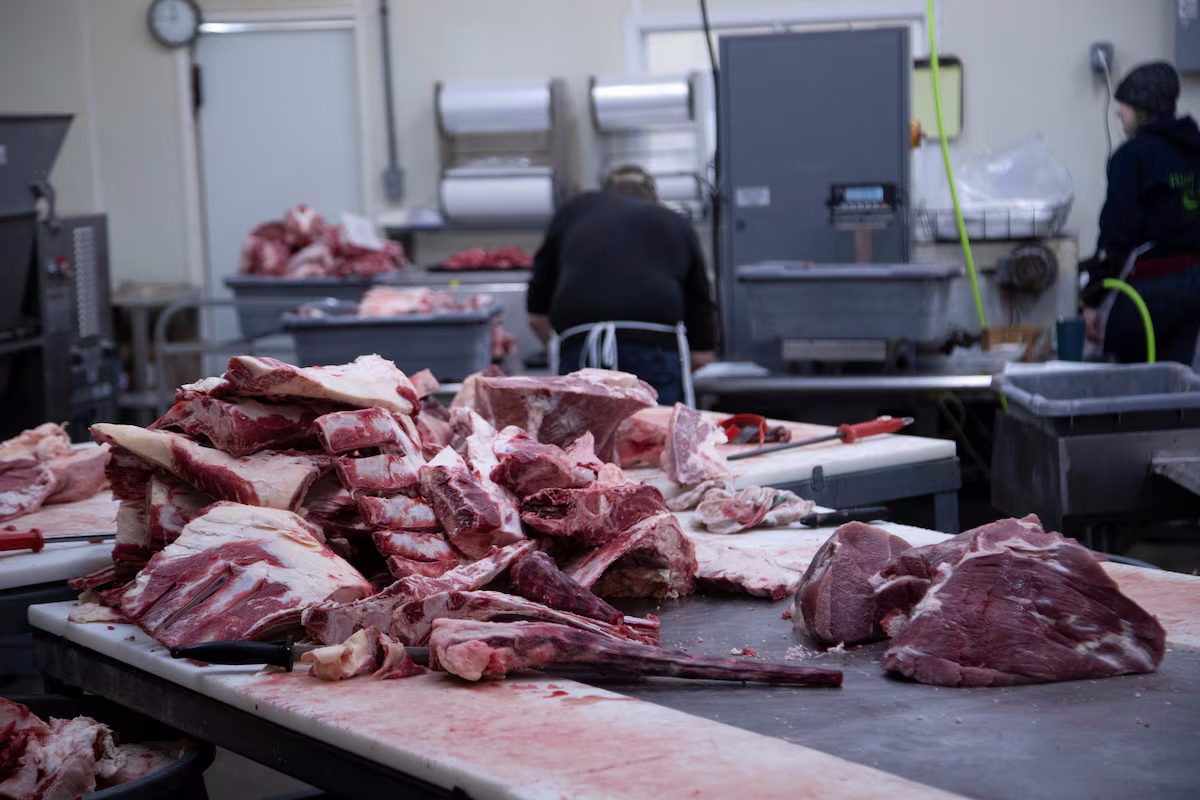 Discover how Colombia’s recent restrictions on US beef imports are linked to an avian influenza outbreak in dairy cows. What does this mean for global trade?
Discover how Colombia’s recent restrictions on US beef imports are linked to an avian influenza outbreak in dairy cows. What does this mean for global trade?
In a ground-breaking move, Colombia has officially limited trade in beef due to concerns over avian influenza in dairy cows. This decree, which came into effect on April 15, targets beef and beef products originating from U.S. states where dairy cows have tested positive for avian influenza, according to a report by Reuters that cites the U.S. Department of Agriculture (USDA). This bold measure is the first of its kind and signifies the widening economic impact the virus is having, which has notably influenced the global poultry trade. Worth mentioning is that Colombia only imports a minor amount of U.S. beef each year, as per government records and market analyst findings.
The USDA’s Food Safety and Inspection Service website was updated with a fresh notice this week (as of April 22), specifying the ban’s particulars. This restriction applies to beef products derived from cattle slaughtered in Idaho, Kansas, Michigan, New Mexico, North Carolina, Ohio, South Dakota, and Texas, according to the notice. Temporary restrictions were also placed on raw bovine meat products. However, it’s crucial to note that shipments with a valid import permit may still be held at port for ongoing inspections.
“We don’t feel that import restrictions related to the avian flu outbreak have any scientific basis,” said Joe Schuele, a spokesman for the U.S. Meat Export Federation, “It’s certainly a big deal for exporters who are doing business in Colombia and for their customers.”
In an effort to contain the avian influenza outbreak, which was first detected in late March in Texas and has since been found in eight states and 33 dairy herds, the U.S. government stated it will begin requiring dairy cattle moving between states to be tested for bird flu starting Monday. This government mandate follows an unsettling event when a person exposed to livestock contracted the disease and developed conjunctivitis. Yet, reassuringly, there has been no case of U.S. beef cattle testing positive for avian influenza to date, according to government officials.
In light of this unprecedented event, Colombia is the only country so far to have officially imposed restrictions on U.S. beef exports due to the H5N1 outbreak. USDA officials and Colombian authorities are in dialog about this issue, and trading partners have requested detailed information on the government’s epidemiology findings. USDA’s Chief Veterinary Officer, Rosemary Sifford, in a webinar held last Thursday, stated their willingness to respond to these inquiries in hopes of mitigating any trade impacts.











